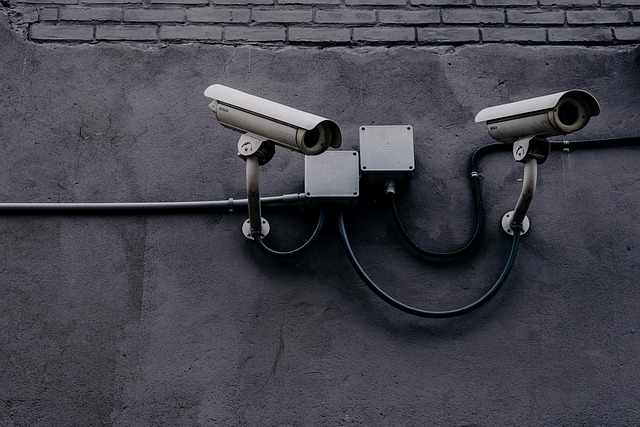In an era where technology continues to shape and redefine business landscapes, the role of closed systems in robotics, artificial intelligence (AI), and automation cannot be overstated. These systems offer a unique approach to managing operations, leading to unprecedented efficiency, control, and security for businesses. This blog journey will take you through the transformative impact of closed systems, highlighting their significance in the realms of robotics and automation.
Understanding Closed Systems
Closed systems, by definition, are self-contained environments that operate independently from external influences. In the context of business, they can be seen as frameworks where all components interact seamlessly to achieve specific goals. Imagine a manufacturing floor governed by robotic arms designed to work in a synchronized manner, orchestrating production without the risk of external disruptions. This self-sustaining functionality not only streamlines processes but also ensures consistent quality and effective utilization of resources.
The Role of Robotics in Closed Systems
When integrated into closed systems, robotics brings forth a plethora of advantages. These machines can perform repetitive tasks with precision and speed that far exceed human capabilities. Companies are increasingly adopting robotic automation to enhance productivity while minimizing human error. For instance, a car manufacturing plant utilizing a closed robotic system can ensure that every vehicle produced meets stringent quality standards, thereby reinforcing brand trust and reducing costly recalls.
Moreover, these robotic systems can operate 24/7, substantially increasing output without fatigue or downtime. This kind of relentless work ethic makes closed systems particularly attractive in sectors where high-volume production is essential. The agility of robotics allows businesses to scale operations swiftly in response to market demands—an essential factor in today’s fast-paced economy.
Artificial Intelligence’s Impact
AI plays a pivotal role in enhancing the capabilities of closed systems. By utilizing AI algorithms, businesses can analyze vast amounts of data generated within the closed environment, enabling smarter decision-making. For example, predictive maintenance powered by AI can forecast when a robot might malfunction, allowing companies to address issues before they disrupt operations.
Furthermore, AI can enhance customer interaction through personalized experiences created by analyzing consumer behavior within the closed system. This not only boosts satisfaction levels but also retains customer loyalty, an invaluable asset in today’s competitive marketplace. With AI driving insights, businesses can remain proactive rather than reactive, leading to sustained growth.
Automation: Streamlining Business Processes
Automating business processes through closed systems offers another layer of control and efficiency. Businesses can streamline everything from supply chain operations to customer service through integrated automated workflows. Consider an e-commerce platform where order fulfillment is managed by a closed system of robots. The moment a customer places an order, the system immediately identifies and retrieves items, packages them, and prepares for shipment—all without human intervention. This not only accelerates the process but also eliminates errors, ensuring that customers receive their orders accurately and on time.
The strategic implementation of automation through closed systems allows businesses to focus their human workforce on tasks that require creativity and critical thinking, which robots are not yet capable of replicating. This shift helps organizations inherently nurture a culture of innovation, maximizing both employee satisfaction and operational efficiency.
Security and Risk Management
One of the prominent advantages of closed systems is their inherent security. Since these systems are isolated from outside networks, they are less vulnerable to cyber threats that plague today’s interconnected environments. Security is a major concern for businesses, and closed systems can mitigate these risks effectively, providing peace of mind to management and stakeholders.
Additionally, having controlled environments means businesses can meticulously monitor performance and compliance without the interference of external variables. This strict governance allows for refined adjustments and optimizations, ensuring operations remain on target and aligned with business goals.
In summary, closed systems in robotics, AI, and automation present a groundbreaking approach to achieving optimal control in business environments. By fostering efficiency, enhancing security, and streamlining processes, organizations can unlock unprecedented potential—taking the first steps towards becoming industry leaders in this technology-driven age.




